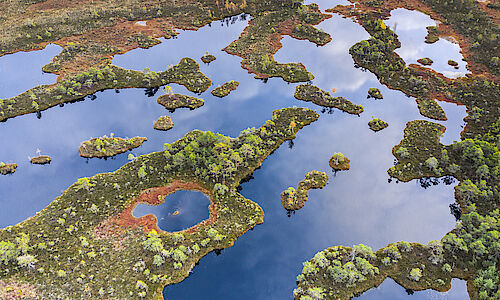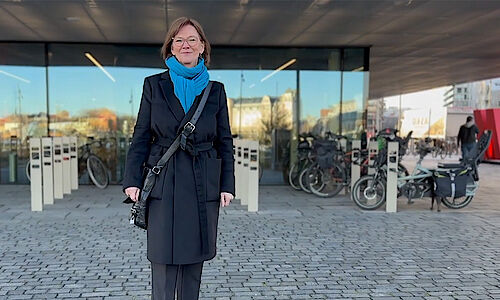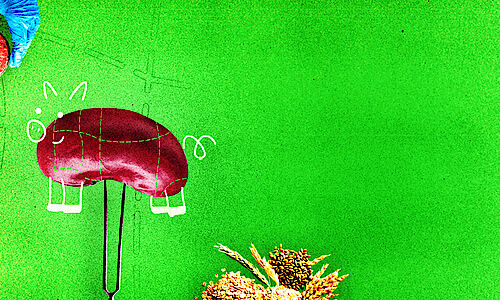News & Academies' activities
Implementation of the Agenda 2030 for Sustainable Development
As the impacts of climate change and biodiversity loss continue to intensify, affecting health, poverty, hunger, and pollution, urgent actions are needed to realign with the Global Goals and the 2030 Agenda for Sustainable Development. This thematic session will highlight the vital role of science in shaping policies related to the Sustainable Development Goals (SDGs) and the Paris Agreement, focusing on the effects of climate change on extreme weather, biodiversity, and health. In this session organized by the European Academies' Science Advisory Council (EASAC), experts will discuss how scientific advice can guide policymakers, the integration of traditional knowledge, and the importance of public engagement in driving solutions for a sustainable future.
Keynote: Helena Nader (President of the Brazilian Academy of Sciences): Science for Global Transformation: recommendations by the S20 academies
Introduction to Science for Policy advice by Academies: Helena Nader and Wim van Saarloos (President of EASAC)
Short contributions:
Rosa Castro (EASAC Biosciences and Public Health Programme Director): Scientific advice to address climate change’s (unequal) impacts on health
Thomas Elmqvist (EASAC Environment Programme Director): Food production and food security in a changing climate
Zsolt Molnár (Centre for Ecological Research, Hungary): Knowledge co-production between science and traditional, indigenous and local knowledge in global science-policy fora on biodiversity (IPBES, CBD)
Round-table discussion:Helena Nader, Rosa Castro, Thomas Elmqvist, and Zsolt Molnár; Moderator: Wim van Saarloos
back to overview
































